|
"Do you not know that in a race all the runners run, but only one gets the prize? Run in such a way as to get the prize. Everyone who competes in the games goes into strict training. They do it to get a crown that will not last, but we do it to get a crown that will last forever. Therefore I do not run like someone running aimlessly; I do not fight like a boxer beating the air. No, I strike a blow to my body and make it my slave so that after I have preached to others, I myself will not be disqualified for the prize." 1 Corinthians 9.24-27 -Matt- Like anyone who has grown up in the Church, I've probably heard this passage more than a dozen times. From when I was a child up until now. But it seems to me as if the entire focus is usually on the "running the race" part. I.e., how it's presented is: "Train yourself to run the race. And, oh yeah, that may be some sacrifices. But we won't go into specifics on that." I don't think I've ever heard or seen anyone focus on that last verse. And I wonder why. Maybe because it's too "mortification-of-the-flesh-Catholicky"? I mean, "I make my body a slave." That's not just working out. In fact, it may even be the opposite of working out, because working out is still kinda caring for the body. As I recall, slavery of that time was quite common for prisoners of war. So this is full-on war imagery. Go to war against your body. The Desert Fathers and Mothers understood this verse as a war. That is why they fled from the corruption of the cities to the desert. Why they took upon themselves monumental acts of fasting and penitence. And one should be careful when one looks to such examples. They are the bright sun and we are mere weak candles. Which is to say, we must be careful in following their practices of war against the body. There are even stories of novices trying to do too much, too quickly. This, too is a sign of pride. This is why such examples looked to a spiritual guide and mentor, which is still the best way to begin. But I have to wonder if we don’t find ourselves in a very similar situation as the Desert Fathers and Mothers. Our urban areas all over the world are growing exponentially, while rural areas decline. We are all rushing into the cities. I look around my life, and I have to admit that I see a lot of comfort. Comfortable furniture, apartment, garden, music, books, movies, television, internet, heating, plumbing, alcohol, junk food, and on, and on… In comparison to many, I might as well be living in the lap of luxury. But what would it cost me to, for example, take shorter showers? And use slightly cooler water? To eat simpler? To turn the heat down a little bit in the winter? To just start taking small steps in order to strike blows to my body and make it my slave, rather than the other way around? If we have the money and the means, we can live in comparative luxury. And many of us do. C.S. Lewis once said about giving (money), that it was a good idea to give at least slightly more than you feel comfortable giving. It should “hurt.” At least a little bit. But so much of our culture is based on insulating us from all hurt. But maybe there are also worse things than pain. It’s out of season for Lent, but maybe it’s a good idea to engage in a little mortification all year round. Maybe we need to recover the idea of being at war with our bodies. And then Paul adds the kicker that makes this all especially dangerous for pastors/preachers: "So that after I have preached to others, I myself will not be disqualified for the prize." Lord, have mercy. Matt grew up in Utah, but now lives in Europe. He continues the theological wanderings of a spiritual mutt, who is continually confronted with the vastness of his own ignorance. Nothing makes my eyes roll faster than seeing a book titled "Simple Sermons for Saints and Sinners." The reason? Theology, and faith are not easy. One of our founding fathers, an Atheist named Thomas Paine thought faith was easily taken apart. I rolled my eyes when I read his book, "Common Sense" (Which in my mind is the same as using the word "simple" before sermons.). When he made obvious mistakes, like talking seriously about the apple in the garden, I couldn't take his argument seriously. (The garden in Genesis never talks about apples. We assume the forbidden fruit was an apple. Truth is, it doesn't say what the fruit looked or tasted like.) Therefore, when I was at Goodwill, and saw the book "Simple Sermons for Saints and Sinners" I had to pick it up. Turned out, this was just one in a series. Apparently, faith can't simply be condensed to one volume. Anyway, the last chapter caught my attention: If I were Satan.There a three theological discussions that perk my interest.
What do you think? What would you seriously or sarcastically add to this list?
15 The Lord replied, “Go! This man is the agent I have chosen to carry my name before Gentiles, kings, and Israelites. 16 I will show him how much he must suffer for the sake of my name.” 17 Ananias went to the house. He placed his hands on Saul and said, “Brother Saul, the Lord sent me—Jesus, who appeared to you on the way as you were coming here. He sent me so that you could see again and be filled with the Holy Spirit.” 18 Instantly, flakes fell from Saul’s eyes and he could see again. He got up and was baptized. 19 After eating, he regained his strength. He stayed with the disciples in Damascus for several days. 20 Right away, he began to preach about Jesus in the synagogues. “He is God’s Son,” he declared Acts 9:15-20 NRSV Movies have these cliches. Let me share some of them with you. If there is a dog in the movie, that dog will always bark at the bad guy. An action hero never ever wears prescription glasses. Bombs are usually defused only if there are less than five seconds remaining on the clock. People can drive moving cars while looking directly at the passenger. They also tend to move the steering wheel 100 times more than the average driver. In a chase scene, most women will fall down at some point. Whenever someone appears to be working on a computer, the screen is so bright it projects itself on the person’s face. Or at least, when they are accessing a computer that doesn’t belong to them, they can easily break the password by looking at the person’s desk or remember some obvious clue given in a previous scene. Also, if a bad guy wants redemption they must die for it. It has to be a sacrificial death, where it saves the good guys in the process.
Maybe this is why biblical movies are a tough sell, especially the New Testament stories. Could you imagine the pitch? Okay, so we have this guy. It turns out he is the Son of God. The Son of God, really? Does he come in and destroy the bad guy with lightening or hellfire or anything? Oh, no. He’s a pacifist. He doesn’t hurt a single person the entire movie. Right… well, go on. Anyway, he starts to gain this following. People are willingly leaving their family over this guy. Oh, so with his big following he overtakes the government, and puts a new system in place? Umm, no. In fact, the government in rule when we comes in is still the same government when the story ends. Then the followers… No, the followers mostly die terrible deaths. The bad guys… Mostly get away in the end. It’s not the story we want to hear. We want our happy endings. We want our “and they lived happily ever after.” If not, we at least want to know the bad guys were punished. That’s just not how life works, and that’s not how Jesus asked us to react to life. There are two important pieces of Jesus Christ we must understand before we can get what’s going on in our scripture. First, Jesus died. The resurrection is only as spectacular as the real death that came before it. As Christians, as a church, we are continually called to that death. When we try to emulate the resurrection without allowing our old selves to truly die, we end up with an undead church. Seriously. It’s the zombie church, and I’ve seen it over and over again. They can’t do what they used to do, but they refuse to let it go. This means they only appear alive, but they are really already gone. Until they let go, they can’t truly be reborn. They bite others, infecting congregants. I’ve spent the last few years helping the wounded. It’s dangerous stuff. Saul, the man who gathered up Christians to be murdered, died on that road. Not literally. His heart did not stop, but who he was ended in that moment. This was the future leader of the early church. Anything from that previous life, necessarily had to die. Second, Jesus came to end the cycle of violence and hate. You know what’s interesting about the place where I’m at? I hear the problem from every angle, but no one wants to take blame. So much is broken right now. The General church is broken. The region is broken. Churches all over the nation are broken. Ministers are broken. Congregants are broken… But, blame always belongs to someone else. We all have our stories about the minister, the church, the congregant, the region, or the general suck that caused the problem. Do we realize we scapegoat the problem? We place the blame on something or someone who can’t do anything about it. We can’t change the people or the long gone system that hurt us. Sure, we can put our burden on them, and send them out as our sacrifice, but it doesn’t solve the problem. Do you realize Ananias could have scapegoated Saul? He could have taken one look at Saul and said, “Oh no, Lord. That guy is the reason we are in hiding. That guy is the reason several of my friends are now dead. I’m out.” Can you see the seriousness of it all? The future of the Christian story was put in Ananias’ hands, and Ananias had justification to let Saul rot in his blindness. “You have heard that it was said, An eye for an eye and a tooth for a tooth. But I say to you that you must not oppose those who want to hurt you. If people slap you on your right cheek, you must turn the left cheek to them as well. When they wish to haul you to court and take your shirt, let them have your coat too. When they force you to go one mile, go with them two. Give to those who ask, and don’t refuse those who wish to borrow from you. “You have heard that it was said, You must love your neighbor and hate your enemy. But I say to you, love your enemies and pray for those who harass you so that you will be acting as children of your Father who is in heaven. He makes the sun rise on both the evil and the good and sends rain on both the righteous and the unrighteous. If you love only those who love you, what reward do you have? Don’t even the tax collectors do the same? The words of Jesus from Matthew 5:38-46. Do you see the potential that sits in our laps? Do you see the possibility of the future of the church? God is not asking us to heal a murderer. God is not asking us to redeem a villain. God is asking us to forgive our fellow brother or sister in Christ, and invite them back into the family, with no strings attached. What is being asked of us is not nearly as difficult as what God was asking of Ananias. Ananias did it. Ananias healed the murderous villain. In doing so the future of the Early Church took root. Can we do what God is asking of us? Can we give it up at the cross? Can we let go of the scapegoat, and personally sacrifice for the future? 11 The Lord instructed him, “Go to Judas’ house on Straight Street and ask for a man from Tarsus named Saul. He is praying. 12 In a vision he has seen a man named Ananias enter and put his hands on him to restore his sight.” 13 Ananias countered, “Lord, I have heard many reports about this man. People say he has done horrible things to your holy people in Jerusalem.14 He’s here with authority from the chief priests to arrest everyone who calls on your name.” 15 The Lord replied, “Go! This man is the agent I have chosen to carry my name before Gentiles, kings, and Israelites. 16 I will show him how much he must suffer for the sake of my name.” 17 Ananias went to the house. He placed his hands on Saul and said, “Brother Saul, the Lord sent me—Jesus, who appeared to you on the way as you were coming here. He sent me so that you could see again and be filled with the Holy Spirit.” 18 Instantly, flakes fell from Saul’s eyes and he could see again. He got up and was baptized. 19 After eating, he regained his strength. Once, there was a young girl. She was born into poverty. Her parents had immigrated to the United States to escape the great potato famine of Ireland. From an early age she suffered. She had five siblings, but two passed away at birth. When her mother passed away, her dad was a horrible caregiver. Finally, giving up, he dropped her brother and her at a poor house. Meanwhile, the girl was also blind. As a child, she was an uneducated blind girl. Anyone who would have seen her would have thought: this girl would amount to nothing. That was not the case. No one would have guessed this girl would find her way into an academy for the blind, become the top of her class, and eventually be the woman who would make the breakthrough with Helen Keller. Anne Sullivan was counted out as child, but there was potential in that soul. Potential that would change the world. Our history is often shaped by second chances, or missed opportunities. For Anne Sullivan, she was determined not to spend her life in poverty. It was during a state inspection, Sullivan convinced one of them to allow her to leave and enroll in a school for the blind. For Franklin Sanborn, the man who agreed to let her go, it was saying yes to someone who appeared like a lost cause by most definitions. I know it doesn't make sense to compare Anne Sullivan to Saul. It appears the only connection is both were blind. I want to compare their potential greatness. For that matter, anyone's potential greatness.  It is easy to see a diamond sitting in a setting, lying on a jeweler's table. Some of us can even tell the quality of the 4 C's to that diamond. Then it can be given a value. What many of us can't do is see the value of a diamond just dug up from the earth. I'm sure, many of us would think we are looking at a piece of trash. No real value at all. We like to celebrate a beautiful person. We raise them up. We give them love and adoration. We tend to forget, many of these people started out as raw, unpolished, and unrefined. They didn't grace the jeweler's table with the other precious gems. In some cases, they had a terrible and dark history. Their history was paved with the death of others. Now whether that was the fault of others, like Anne Sullivan's story, or the person was responsible, like Saul, we don't want to give our focus to these people. They are not on the inside. They are not part of the group. Newsflash, God likes outsiders. God likes the underdog. God is known to pick those on the outside to change the inside. Moses lived with the enemy before he became the liberator of the Israelites. Issac, Jacob, and Joseph were not first born children. Yet, they are the ones who inherited the birthright and changed the story. Saul was a bad guy. He watched Stephen being stoned to death! This was one of the Apostles! Before the blinding on the road to Damascus, no one within the Christian story would have seen anything redeemable in this man. In fact, he had to change his name because no one trusted "Saul." Yet, this would be the guy who would write the next chapter in the Christian story. More than any other Apostle, Paul was the biggest evangelist in early Christendom. What does that mean for us? Don't assume who are the people who are going to change the world. We can look at all those pretty diamonds out there, when we should be looking for an uncut gem. As of today Fig Tree will no longer be a source for Christian knowledge and exploration. I have found my true calling critiquing movies! I know, I know. There are already a million people out there who give their two-cents regarding cinema. I know my niche'. As a minister, I already over analyze the scripture. It just seems like a natural transition to over to movie reviewing. Hopefully, we can make this transition without much fuss. I'm sure everyone is ready for something new. I know I am. I wanted to start with something beloved by anyone under the age of 40 and hated by anyone over that age. No, I'm not talking about "Return of the Jedi." I'm talking Ghostbusters II. Since the new movie is coming out, and it already looks like, based on the reviews, that one is going to be the worst of the bunch, I thought it would be fun too take a trip back in Ecto 1, (the real one) and discuss an interesting point to the second move: The number 2. When I noticed the number two, I thought it was too obvious. Others had to have written on it. After some light research, I found nothing. It is so intentional, I'm sure it's a secret theme in the movie. On the surface there is the obvious call to two: The Ghostbuster Logo is making the number 2. They go all in on this, by the way. It's at the beginning of the movie. It's the new sign outside the Firehouse. It's on all of their uniforms. Actually, you'll find most things happen two times in the movie. This doubling happens so much, it has to be on purpose. Oscar is stolen twice in a baby carriage. At the beginning of the movie, Oscar is whisked away in his actual carriage. At the beginning of act three he was stolen by a ghost form of Janosz. (How is that even possible by the way? Did he have an out of body experience? Why did he choose to dress up like a nanny? Yeah, this is one of those shark jumping moments for the movie. Even so, you wanna bet this kept me from getting too close to windows above the 5th or so story.) Peter has two guests on his television show. Both predict the end of the world. I was first drawn to the overblown use of twos because I chose to watch this movie Feb 14,2016. That was the date the woman gave for the end of the world. The Ghostbusters (in some form) are blocked from seeing the mayor, by his assistant, not once, but twice. The first time is right after Peter finishes his show. The second time, the mayor had given them two minutes, and the assistant takes matters into his own hands. Oh, and isn't that another Murray in the second shot. I'd make a bigger deal about two Murrays in a movie, but it's so gosh darn common, I'll add it as a side note here. We visit the river of slime twice. The first time, Ray is dropped down through an illegal hole from the middle of the ground. The second time they get through by following an abandoned rail line. The Ghostbusters are arrested and sent to jail twice. The first time was for digging an illegal hole, among other unmentioned charges. The second time, they willfully went to the police and were institutionalized afterwards. While on trial, two ghosts, who happen to be murderous brothers, burst out of the slime. I might also note, the judge gives two rulings too. First he orders them to jail at Rikers Island, then he overturns his ruling. Also, when we first meet Lewis in this scene, he walks in with two stacks of books. Ray is mesmerized by Vigo twice. The first time, Peter is taking pictures of the painting. This only leads to Ray being dumbfounded, The second time, the look led to Vigo overtaking Ray's body. Thank goodness for positively charged slime. (Or is it really that Vigo hates singing. After all, he kinda lost control when the New Yorkers were singing in the new year. Also, the positively charged slime took on a life of it's own when music played.) Although, none of the traditional Ghostbusters ever see him, Slimer shows up twice to Lewis. The first time, he was scarfing down Lewis' food. The second time, Slimer picks Lewis up in a bus to take him to the museum. The dome of slime around the museum is hit with power packs twice. The first time by the Ghostbusters. The second time by Louis. Did Louis really help with his proton pack? Maybe. I like to think the poor guy actually did chip in a little. The Ghostbusters use positive slime to animate an inanimate metal object, you guessed it, twice. Yeah, the slime would have been washed away travelling through the water. Sure, having all of New York see four bozos basically destroy the Statue of Liberty would make them angry, not happy. Still, I loved this scene as a kid. This heretical movie screams of dualism. It makes it much more fascinating to watch when you are looking out for the doppelgangers. I purposefully left some of the doubles out. I stopped counting at 14 other dualities. Let us know if you catch them by leaving us a comment. Come on! Don't make me ask twice!
|
Categories
All
Archives
October 2023
|


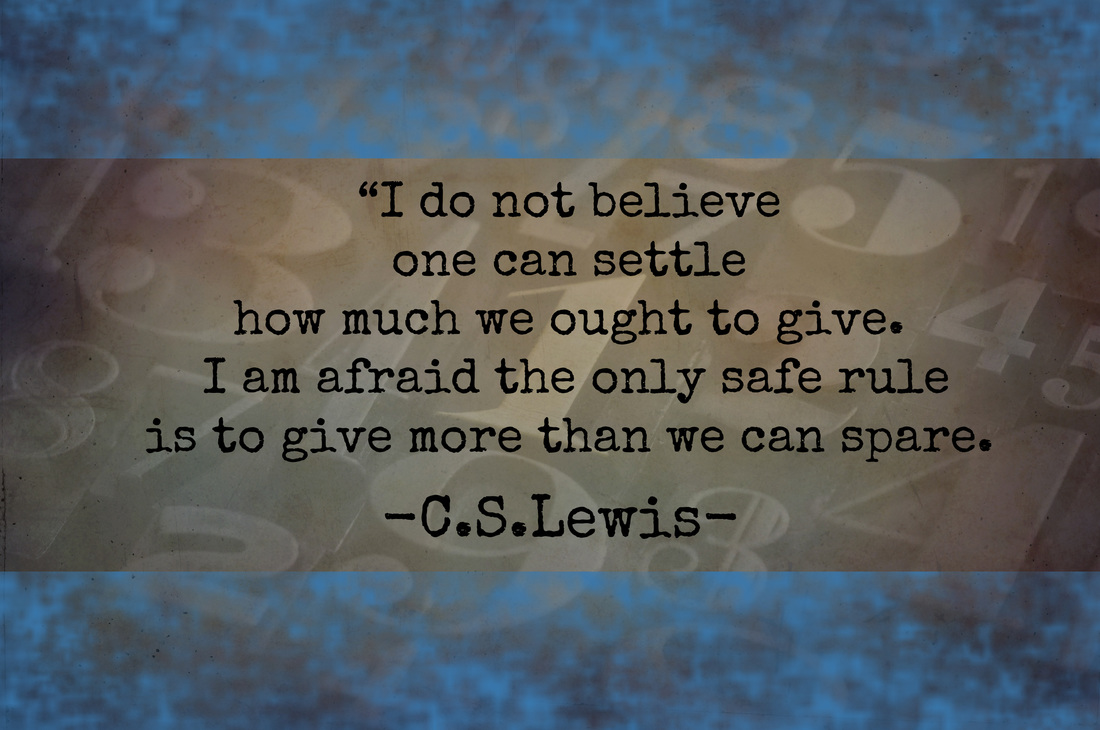
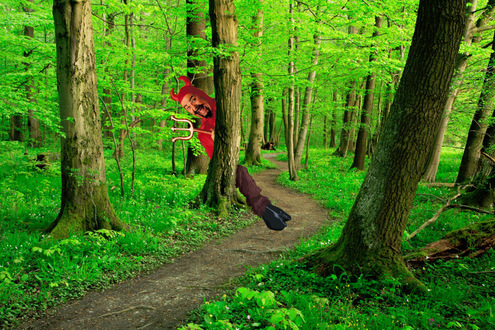
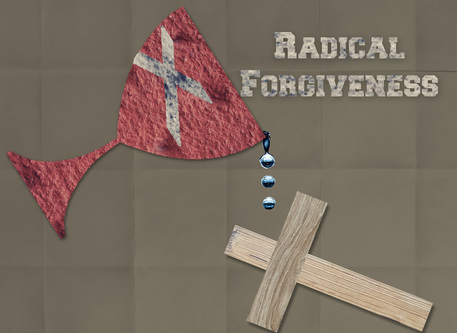
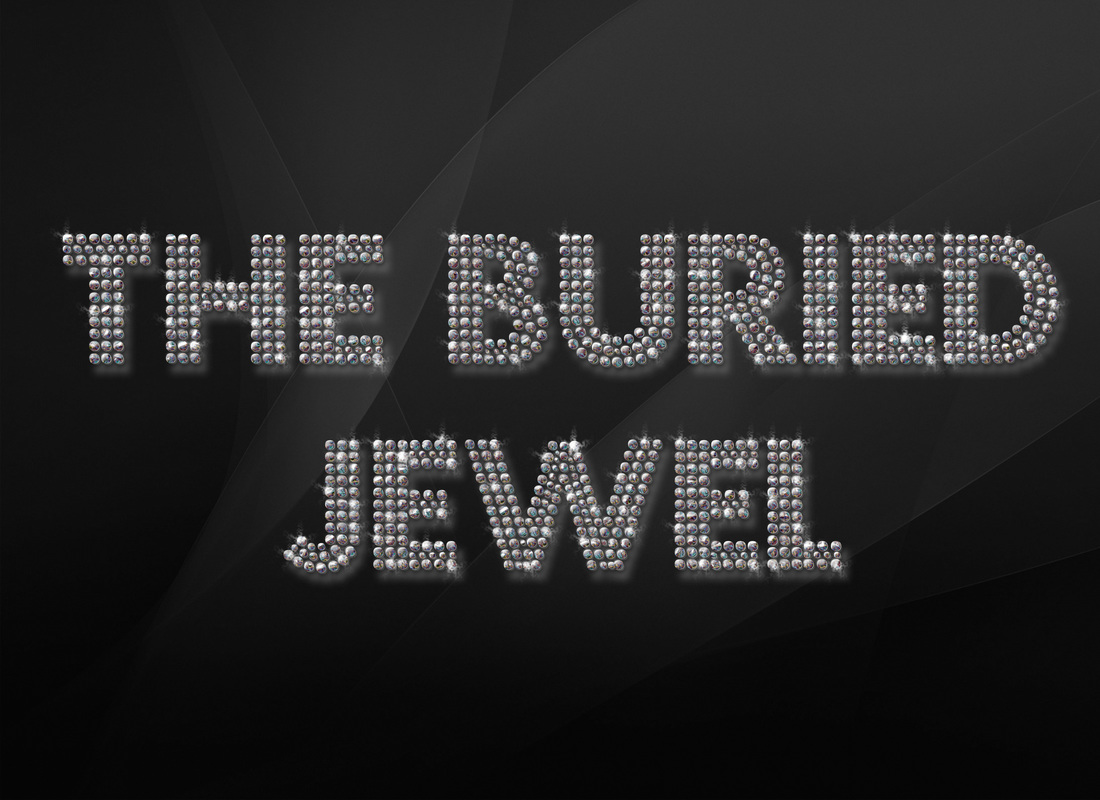
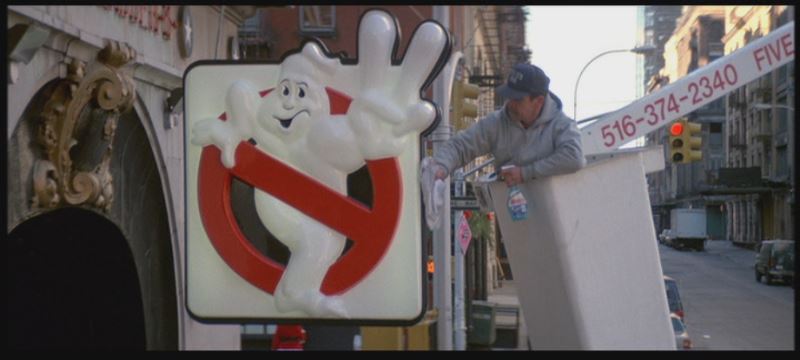
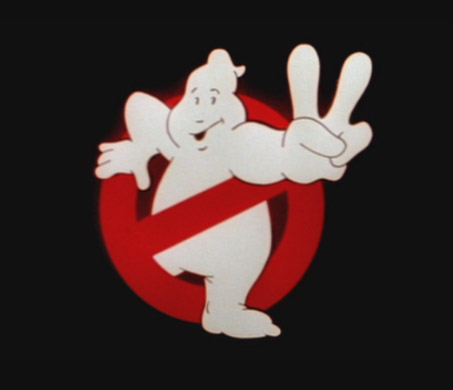
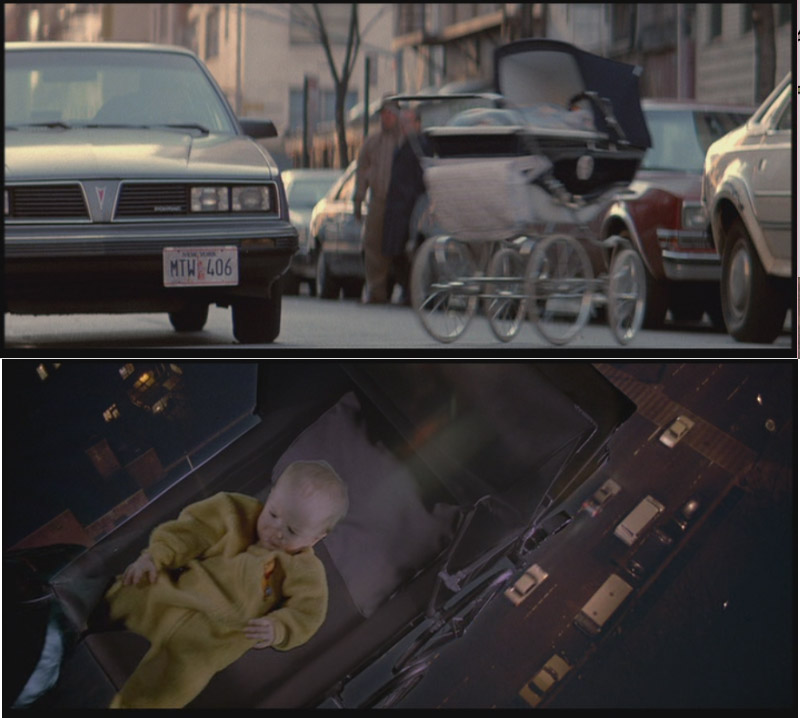
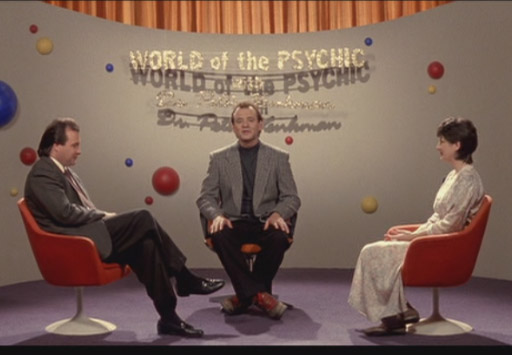
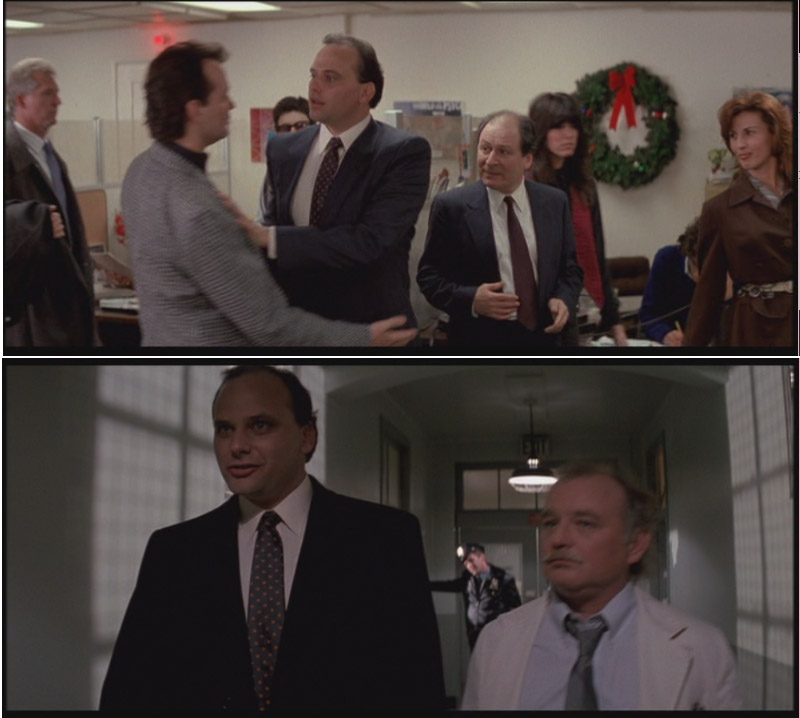

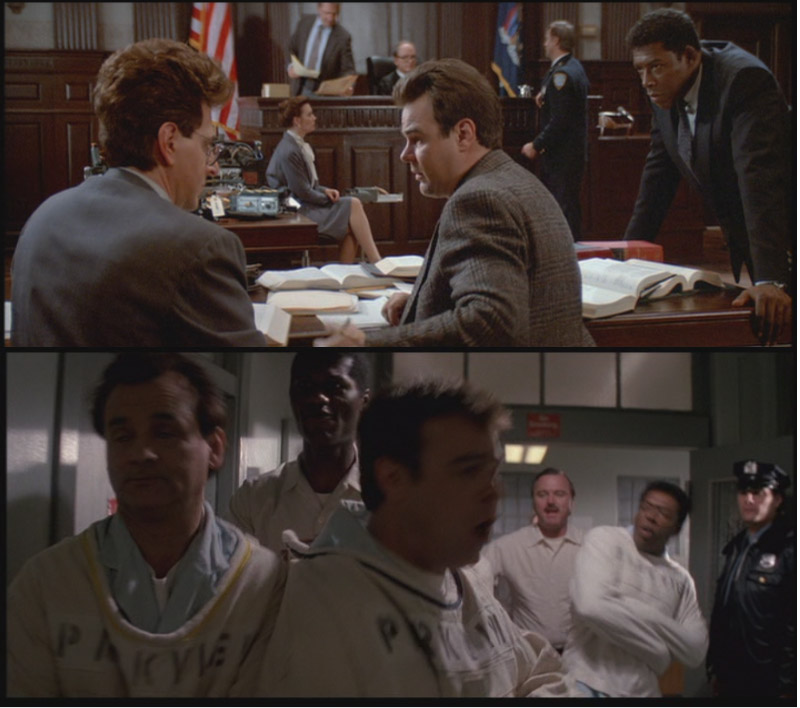
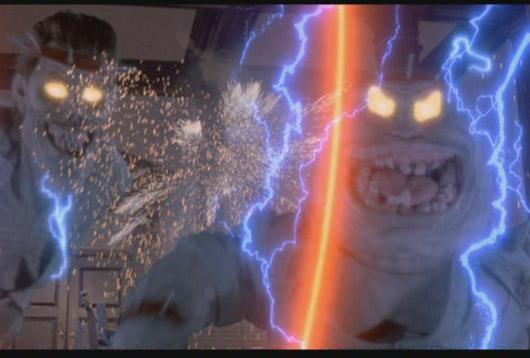
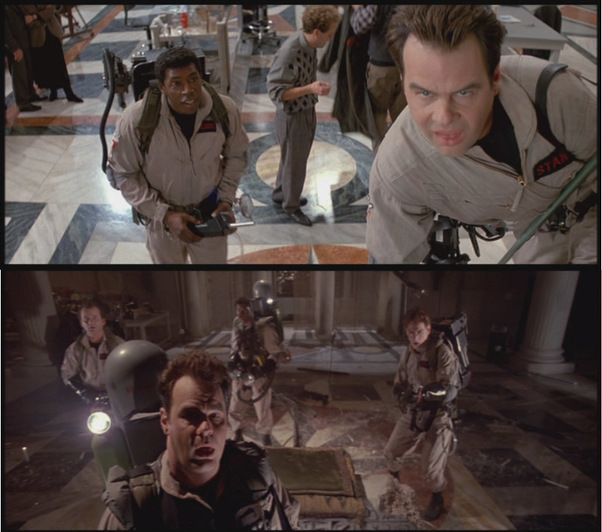
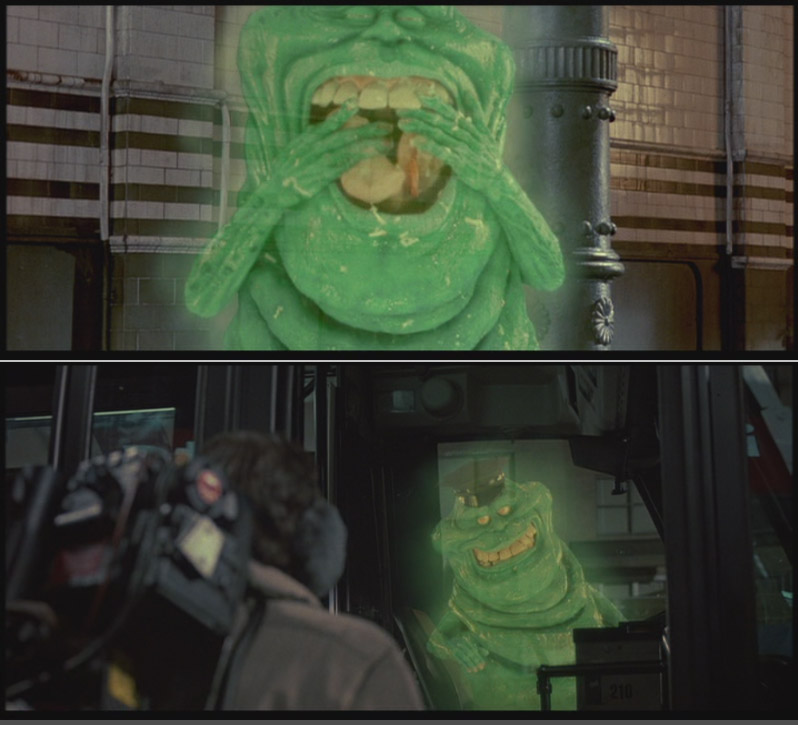
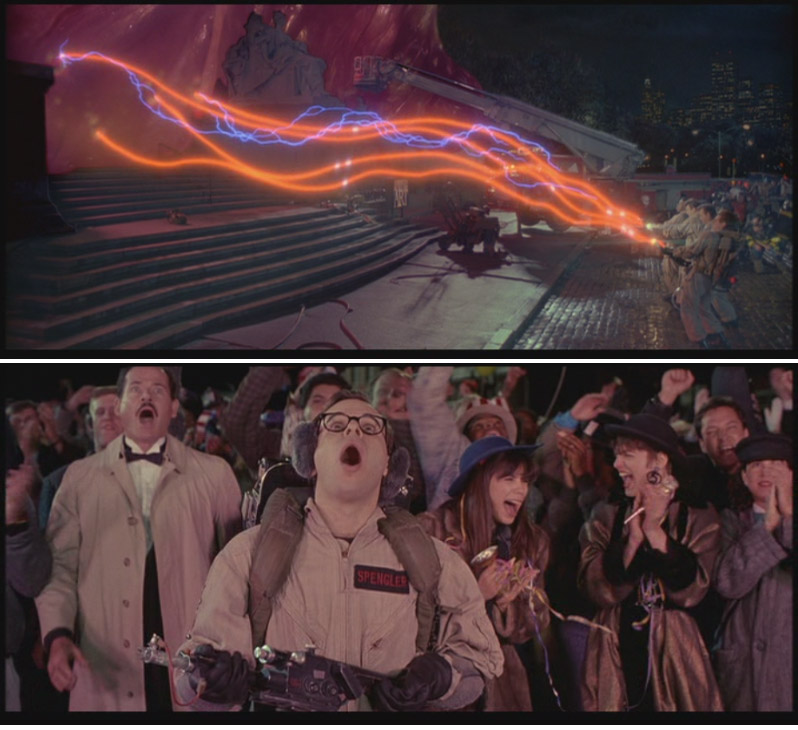
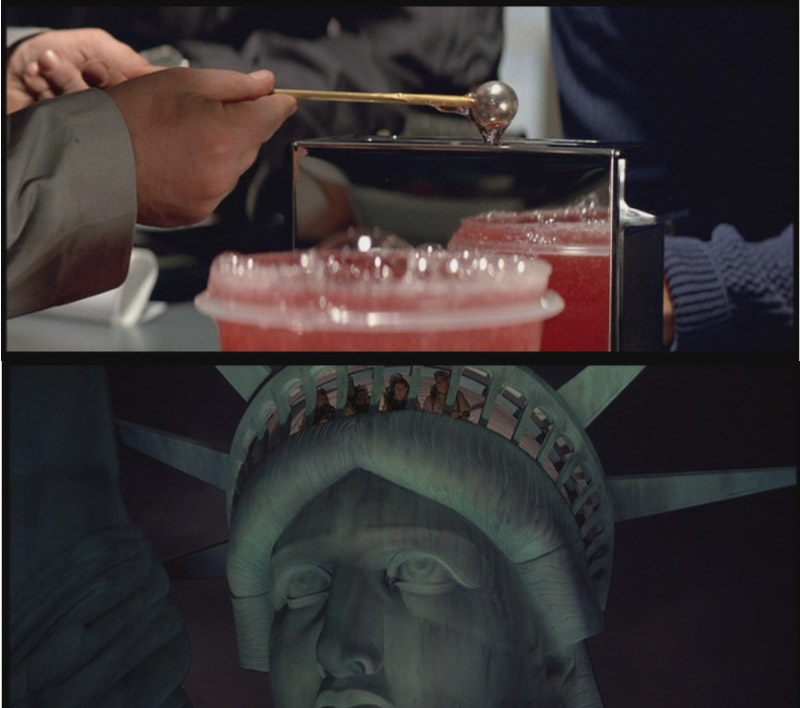

 RSS Feed
RSS Feed